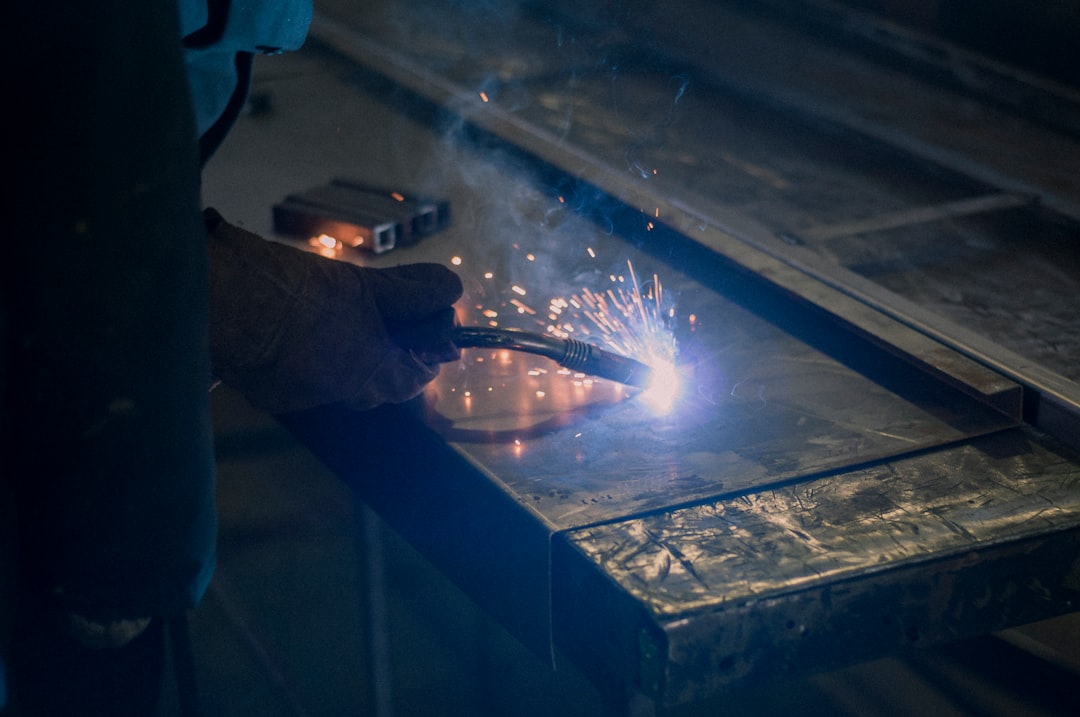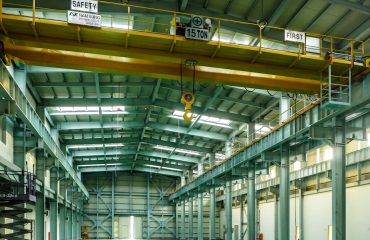body { font-family: sans-serif; line-height: 1.6; }
h1, h2, h3 { color: #333; }
h1 { font-size: 2.5em; }
h2 { font-size: 2em; }
h3 { font-size: 1.5em; }
blockquote { background-color: #f9f9f9; padding: 1em; border-left: 5px solid #ddd; }
Choosing the right steel supplier is crucial for any construction, manufacturing, or engineering project. A reliable supplier ensures timely delivery of high-quality steel, minimizing project delays and cost overruns. This comprehensive guide will walk you through the key factors to consider when evaluating potential steel suppliers, helping you make an informed decision and build strong, long-lasting partnerships.
1. Assessing Steel Quality and Certifications
The cornerstone of any successful steel procurement strategy is ensuring the quality of the supplied material. Don’t solely rely on price; prioritize quality and consistency. Request detailed certifications and test reports to verify the steel meets the required specifications. Look for certifications like:
- ISO 9001: Demonstrates a quality management system.
- ISO 14001: Indicates environmental management system compliance.
- ASME certifications: Crucial for pressure vessel and boiler applications.
- Material Test Reports (MTRs): Provide specific details on the chemical composition and mechanical properties of the steel.
Thoroughly review these documents to ensure they align with your project’s requirements. Don’t hesitate to request additional testing or verification if necessary. A reputable supplier will be transparent and readily provide this information.
2. Evaluating Supplier Reliability and Capacity
Reliability is paramount. A supplier’s track record speaks volumes. Investigate their history, checking for consistent on-time delivery and a history of meeting project deadlines. Consider the following:
- Production Capacity: Can they meet your volume requirements without compromising quality or delivery times?
- Inventory Management: Do they have sufficient stock to meet your immediate needs and handle potential fluctuations in demand?
- Logistics and Transportation: Do they have a reliable network for transporting steel to your location? Consider proximity to minimize transportation costs and lead times.
- Customer References: Request references from previous clients to gauge their reliability and responsiveness.
A thorough assessment of these factors will help you identify a supplier capable of consistently meeting your needs.
3. Understanding Pricing and Payment Terms
While quality and reliability are primary, pricing is a critical factor. Obtain detailed quotes from multiple suppliers, ensuring the quotes include all relevant charges, such as transportation, handling, and taxes. Compare not only the unit price but also the overall cost, considering delivery schedules and potential penalties for delays.
Negotiate payment terms that are favorable to your business. Explore options like discounts for bulk purchases or early payments. A transparent and flexible supplier will be willing to work with you to reach mutually beneficial agreements. Always clarify the payment schedule and any potential penalties for late payments.
4. Conducting a Supplier Audit (If Necessary)
For critical projects or long-term partnerships, consider conducting a thorough supplier audit. This involves a physical visit to the supplier’s facilities to assess their operations, quality control processes, and overall capabilities firsthand. During the audit, focus on:
- Quality Control Procedures: Observe their testing methods and documentation processes.
- Safety Practices: Ensure they maintain a safe working environment.
- Inventory Management Systems: Assess their ability to track and manage steel inventory effectively.
- Production Processes: Understand their manufacturing capabilities and efficiency.
An on-site audit provides valuable insights into the supplier’s operations and helps identify potential risks or areas for improvement. This proactive approach can significantly reduce future problems.
5. Building a Long-Term Relationship
Selecting a steel supplier is not just about a single transaction; it’s about establishing a long-term partnership. Building a strong relationship with your supplier offers numerous advantages, including:
- Price Stability: Long-term contracts can often secure more favorable pricing.
- Improved Communication: Open communication fosters trust and helps resolve issues quickly.
- Predictable Supply: A strong relationship ensures a consistent supply of high-quality steel.
- Innovation and Collaboration: Strong partnerships can lead to collaborative efforts on new projects and innovations.
Regular communication, mutual respect, and a shared commitment to quality are essential for fostering a successful long-term relationship with your chosen steel supplier.
By carefully considering these factors and conducting a thorough evaluation, you can confidently select a steel supplier that meets your project’s needs and supports your business’s success.
Tags: steel supplier evaluation, steel quality, steel certification, supplier audit, steel price negotiation




